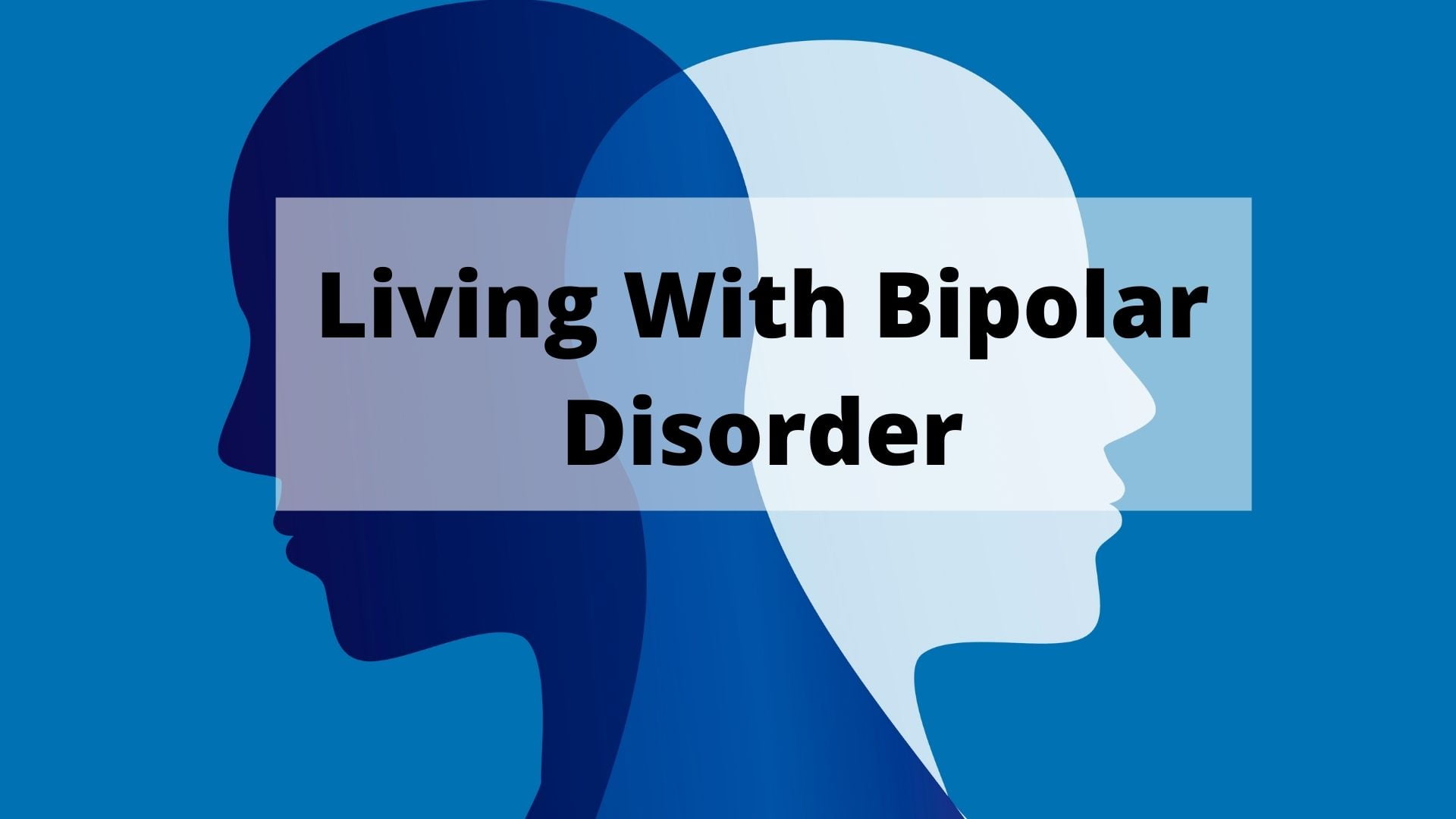High functioning bipolar disorder is a term often used to describe individuals who live with bipolar disorder but are able to maintain daily responsibilities like working, socializing, and caring for their families. They might appear “normal” on the outside, yet struggle deeply on the inside. If you’re living in Ontario and are seeking support, working with a qualified bipolar disorder therapist in Ontario can help manage symptoms and understand the underlying causes.
While high functioning bipolar disorder is not an official diagnosis, it reflects a unique way the condition can show up. Many people with this form of the disorder often go undiagnosed for years because they hide their symptoms well or believe they are simply dealing with mood swings or stress. So, what really causes high functioning bipolar disorder? Let’s break it down in simple terms.

Understanding Bipolar Disorder
To understand high functioning bipolar disorder, it’s important to know what bipolar disorder itself is. It’s a mental health condition that causes unusual shifts in mood, energy, activity levels, and the ability to carry out day-to-day tasks. These shifts include emotional highs (mania or hypomania) and lows (depression).
There are different types of bipolar disorder, such as Bipolar I, Bipolar II, and Cyclothymic Disorder. Each varies in intensity and how often symptoms occur. People with high functioning bipolar disorder usually experience milder mood episodes, or they manage to keep their symptoms in check through routine, therapy, or medication — even while still facing internal struggles.
What Causes High Functioning Bipolar Disorder?
1. Genetics and Family History
One of the most common causes is genetics. If someone in your family — especially a parent or sibling — has bipolar disorder, your risk of developing the condition is higher. Studies suggest that certain genes may be passed down, making some people more vulnerable. However, having a family history doesn’t mean you’ll definitely get it, just that your chances are increased.
2. Brain Chemistry
Another cause could be how the brain works. Some researchers believe there may be differences in brain structure and function among people with bipolar disorder. Brain imaging has shown that the parts of the brain responsible for mood regulation may look or function differently in people with the condition.
3. Environmental Stress and Trauma
Life events can trigger or worsen symptoms. These might include childhood trauma, abuse, long-term stress, or the loss of a loved one. When someone is predisposed genetically, stressful life events can sometimes activate the disorder. In high functioning individuals, the impact of these triggers may be masked by a strong work ethic or supportive environment, but the internal chaos still exists.
4. Sleep Disruption
Sleep plays a big role in mental health. People with bipolar disorder often experience problems with sleep — either sleeping too much or not enough. High functioning individuals may push themselves hard, leading to chronic sleep deprivation, which can trigger mood episodes or worsen existing symptoms.
5. Substance Use
Sometimes, people use alcohol or drugs to cope with their emotions or stress. This can make symptoms worse and harder to diagnose. Substance use can also mimic or hide bipolar symptoms, which makes it more difficult for a bipolar disorder therapist to recognize the disorder early on.
Signs of High Functioning Bipolar Disorder
Although it might not be obvious, there are signs that suggest someone may be living with high functioning bipolar disorder:
- Sudden mood changes without a clear reason
- High energy and extreme productivity followed by exhaustion
- Difficulty sleeping or sleeping too much
- Impulsive decisions (spending money, risky behavior)
- Feeling very happy or irritable, then quickly feeling sad or hopeless
- Hiding feelings and pretending everything is fine
- Constant self-criticism or fear of being exposed as “not okay”
Importance of Early Diagnosis and Therapy
Early diagnosis can make a huge difference. The sooner someone starts treatment, the better their chances are of managing symptoms effectively. A bipolar disorder therapist can help identify the signs and provide a proper treatment plan that fits the individual’s needs.
Treatment may include a mix of talk therapy, medication, and lifestyle changes like better sleep habits, stress management, and building a support system. The goal isn’t to erase the disorder, but to manage it in a way that allows the person to live a balanced and fulfilling life.
If left untreated, even high functioning bipolar disorder can lead to severe consequences such as relationship problems, job loss, or self-harm. That’s why seeking help is not a sign of weakness — it’s a sign of strength and self-awareness.
The Role of Mental Health Services in Recovery
Access to mental health services plays a key role in managing bipolar disorder. These services provide resources like therapy, group support, crisis intervention, and medication management.
Working with a trained bipolar disorder therapist in Ontario ensures that treatment is tailored to the specific needs of the individual. Whether you’re newly diagnosed or have been living with symptoms for a long time, getting professional help can make all the difference.
Mental health services also help reduce stigma and educate families and communities on how to support those living with bipolar disorder. This collective effort can create a more understanding and compassionate environment for healing.
Help Is Available at Renewed Mental Health Group
If you or someone you know is struggling with mood swings, anxiety, or any symptoms of bipolar disorder, Renewed Mental Health Group is here to help. Our team of licensed therapists and mental health experts is dedicated to providing high-quality, personalized care for each individual.
At Renewed Mental Health Group in the U.S.A, we understand that no two people are alike. That’s why we offer a variety of treatment options, including individual therapy, group sessions, and medication support. We specialize in supporting people with high functioning bipolar disorder who may feel overlooked or misunderstood.
Located conveniently and serving Ontario residents, we’re proud to be a trusted name in mental health care. Don’t wait — reach out today and take the first step toward renewed hope and balance in your life.
Final Verdict
High functioning bipolar disorder might be hard to spot, but it’s very real. Just because someone seems like they have it all together doesn’t mean they aren’t struggling underneath. Whether it’s caused by genetics, brain chemistry, life stress, or other triggers, the condition is manageable with the right support.
If you notice signs in yourself or a loved one, don’t ignore them. Connect with a bipolar disorder therapist, explore available mental health services, and take the journey toward healing. Remember, reaching out is not a sign of weakness — it’s a brave and powerful step toward a better life.





